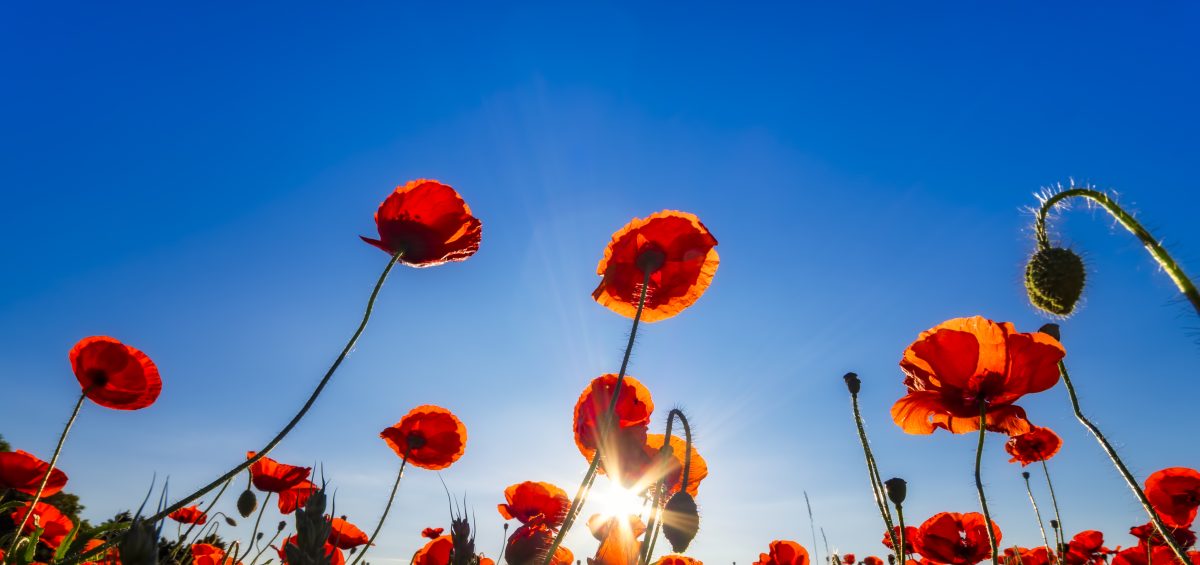There are days on the calendar which are wrapped in celebration, complete with flags waving, fireworks blooming against dark skies, brass bands marching down Main Street. And then there is November 11.
It does not shout.
It stands in silence — like a lone soldier at dawn, chin lifted to the cold, rifle resting against tired hands, waiting for the guns to stop.
Remembrance Day was not born from joy, but from mud, blood, and sacrifice. From the trenches of Flanders, from the metallic burn of cordite in the air, from the moment — the eleventh hour of the eleventh day of the eleventh month in 1918 — when the guns finally fell silent and the world, battered and grieving, exhaled.
Since then, Canada has protected that silence like a sacred ember. Because memory is fragile. And forgetting is far more dangerous.
So we wear the poppy. A small flower, soft as breath but heavy as history. A red petal with a black heart, pinned close to our own — where names are kept and grief quietly resides. It is not decoration. It is punctuation: the quiet period at the end of a sentence a young soldier never got to finish.
Each November, when the pin pricks my fingers, I remember my father. Standing at the mirror, straightening his poppy with quiet care — no words, no speeches — just a silent prayer only his heart could hear.
But lately, a question drifts into the room — gentle, but unsettling.
Do we still need the poppy? Should it be replaced with something newer, more modern?
Replace. What a cold word.
Replace the last heartbeat of a farm boy from Moose Jaw who never came home?
Replace the empty boots buried in French soil?
Replace the muddy photographs tucked into the pockets of uniforms under foreign skies?
Traditions are not outdated furniture. They are anchors. Without them, we drift.
Yet, compassion also lives in the Canadian soul. This nation is not built only on remembrance of those who died, but also on the saving of those who live.
So another symbol quietly steps forward — not to challenge the poppy, but to stand beside it.
An organ donor card.
Not signed in trenches, but at kitchen tables. Not streaked with mud, but with ink. No parades, no medals — only a quiet promise:
When my story ends, let someone else’s continue.
It is a softer kind of heroism. But make no mistake — heroism has no ranking.
Where soldiers give their lives for another’s freedom, organ donors give their bodies — heart, liver, lungs — so someone else can wake to another sunrise, whisper another “I love you,” celebrate another birthday.
Two sacrifices. Different battlefields. Same courage.
No one knows this more deeply than the David Foster Foundation.
For nearly 40 years, while Remembrance Day honours those who died for us, this Foundation stands with those still fighting to live. They don’t just support families — they catch them.
They help pay mortgages so a parent of a transplant child doesn’t lose their home.
They cover flights when surgery is provinces away.
They bring meals to hospital rooms where mothers sleep in chairs and fathers count heartbeats on blinking monitors.
They stand in the uncertainty — beside children waiting for organs that might come, or might come too late.
Yet, across this generous country, the numbers still ache.
More than 4,000 Canadians are waiting for a lifesaving transplant and dozens of them are children. Every year, some die waiting — not because medicine failed, but because generosity was never written down. Because a name wasn’t registered. Because hope was left sitting, unsigned, on the back of a driver’s licence.
We say we are a compassionate nation — and we are — but compassion requires action. Just as remembrance requires commitment.
The poppy speaks for those who cannot speak anymore.
For boys from Winnipeg and girls from Gander, who left home and never returned.
For Vimy Ridge, Juno Beach, Kapyong, Kandahar.
For widows who slept for decades on one side of the bed.
But perhaps… beneath the poppy, there is room.
Room for a second symbol — a green donor ribbon, a simple pin. Not worn instead of the poppy — but because of it.
One above the heart for the lives given.
One below for the lives yet to be saved.
Not replacement.
Addition.
Not competition.
Continuation.
One honours sacrifice.
The other extends it.
Because what greater tribute can we offer those who died for our freedom than this:
I will use my freedom to save another life.
Veterans and organ donors write in the same book of grace — one in blood, one in ink. Both acts of astonishing love.
So this November 11th, when the bugle breathes the Last Post and the world holds its breath, stand still. Feel the poppy against your chest. Think of the soldier whose heartbeat bought that silence.
Then maybe later, with the kitchen light low, you can take a pen and register as an organ donor. Quietly, without applause. As though it were a prayer.
Because a nation is not built only by those who fought. It is sustained by those who give.
Those we honour with the poppy gave their tomorrows so we could have today. The least we can do — the very least — is give someone else a tomorrow of their own.



